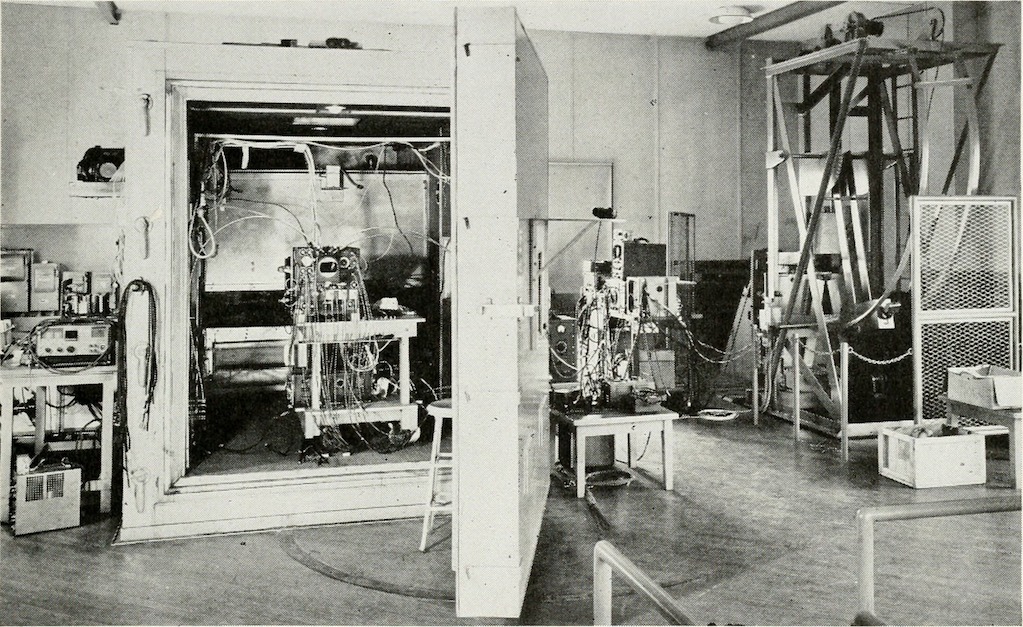The Future Historians of Silicon Valley

One of the most common university majors for past presidents is History. In fact, students of history find their way into some of the most “influential” professions, with careers in politics, policy-making, and law.
Those who study history learn of the decisions that were made in the past, the reasoning behind them, and the results thereafter. Thus those who study history might have a better understanding of policies that they are working on, the options available to them, and the potential consequences.
Although this kind of history-based work sits firmly in the humanities, it’s not all that different from what we do here in Silicon Valley.
If you’ve worked in data science to find patterns to action on, in product looking at analytics to build the next feature, or in machine learning to determine the data to… build the next feature, I’m sure you understand that we’re all just doing some advanced pattern matching.

Leadership
Here’s the disconnect. The scholars of technology history don’t tend to be the executives. That’s not to say that our executives aren’t familiar with past deals and the histories of the big companies; Of course they have the basic information to make decisions with. But most of these leaders have backgrounds in product management, or business administration, or even engineering. They’re decidedly not historians. Isn’t it interesting how for high level, industry defining decisions we don’t go to the people who have studied these sorts of decisions categorically?
As far as my understanding, this sort of focused historical study happens only in a few select niches in technology. Journalists are one example, and lawyers are another. Both sides provide us with a lot of insight, but of course neither are dedicated to the study of tech history in itself.
What’s Next
We know the technology industry is growing. Computer science classes are filling up, and software engineers have never been in more demand. As we automate more and more of the physical labour that used to chain us to the Malthusian trap, more work moves towards the realm of the intangible, of information. As big as tech companies are now, they’re only going to get bigger and more powerful.

Automation frees us to move away from physical labour into creative and informational work, such as software.
During my time at Facebook I was already pleasantly surprised by some very cross-functional work, collaborating with lawyers, professors, and doctors to make some key decisions. I believe we are now due for an influx of Silicon Valley historians to ascend to influential positions in tech.
We’re moving beyond the early era of tech company innovation, where Google’s bold “moonshot” factory or Elon Musk’s interesting companies were the cutting edge. The next step for us is to go one level into the meta.
Silicon Valley historians will help us recognize and recreate the patterns that drove our most significant innovations, for example helping us make the decisions necessary to create today’s equivalent of Bell Labs. It will never be simple or easy, because we can’t replicate the precise circumstances of the past; It’s neither feasible nor legal now to reach the levels of wealth and monopoly that AT&T enjoyed in that era. But by understanding the factors that led up to it, by understanding the things they did there, and by understanding the consequences of each those things, these historians will help us piece together a facsimile.
Silicon Valley historians will help us make superlinear progress by recognizing and improving the very ways in which we improve.

Bell Labs, 1922.
← Back to home